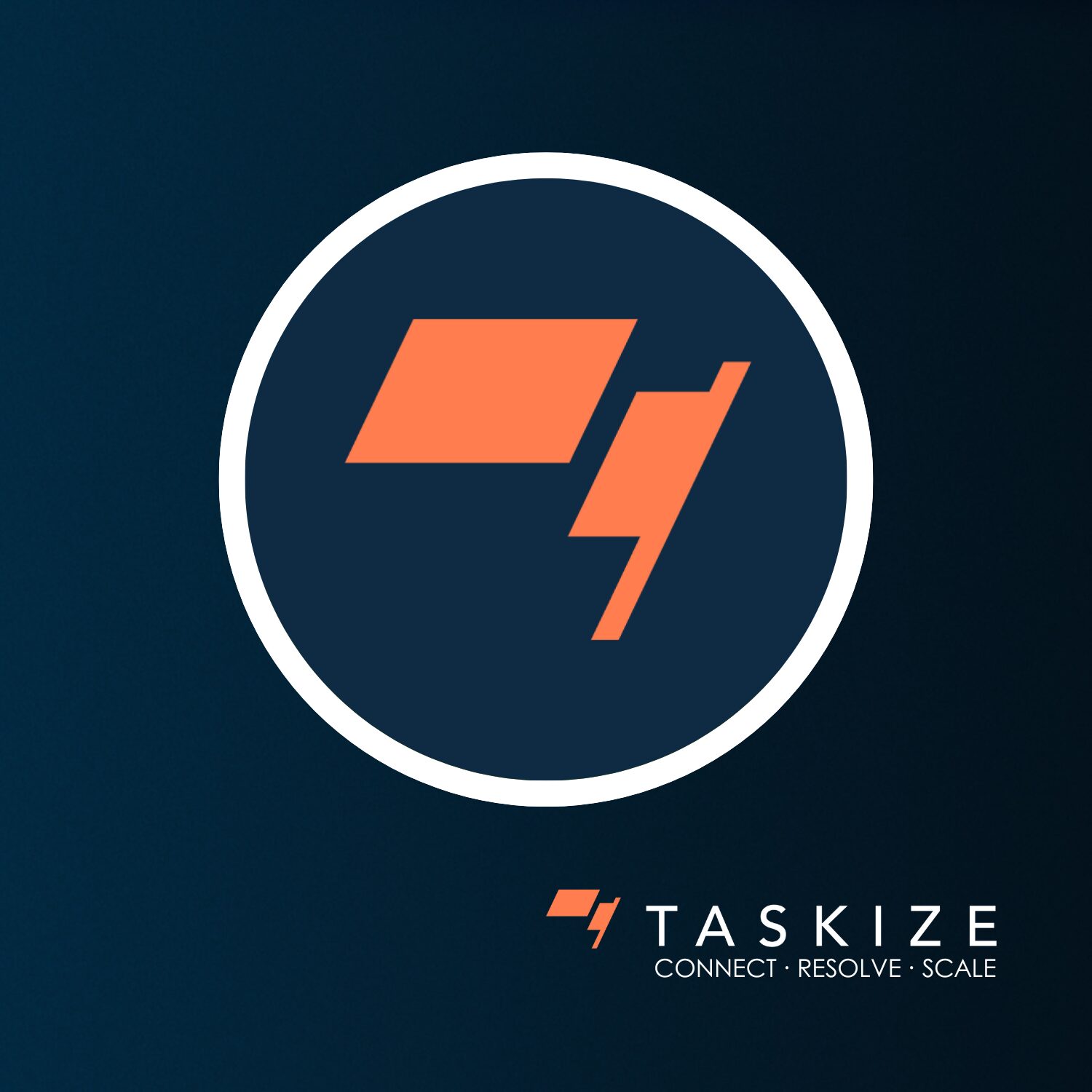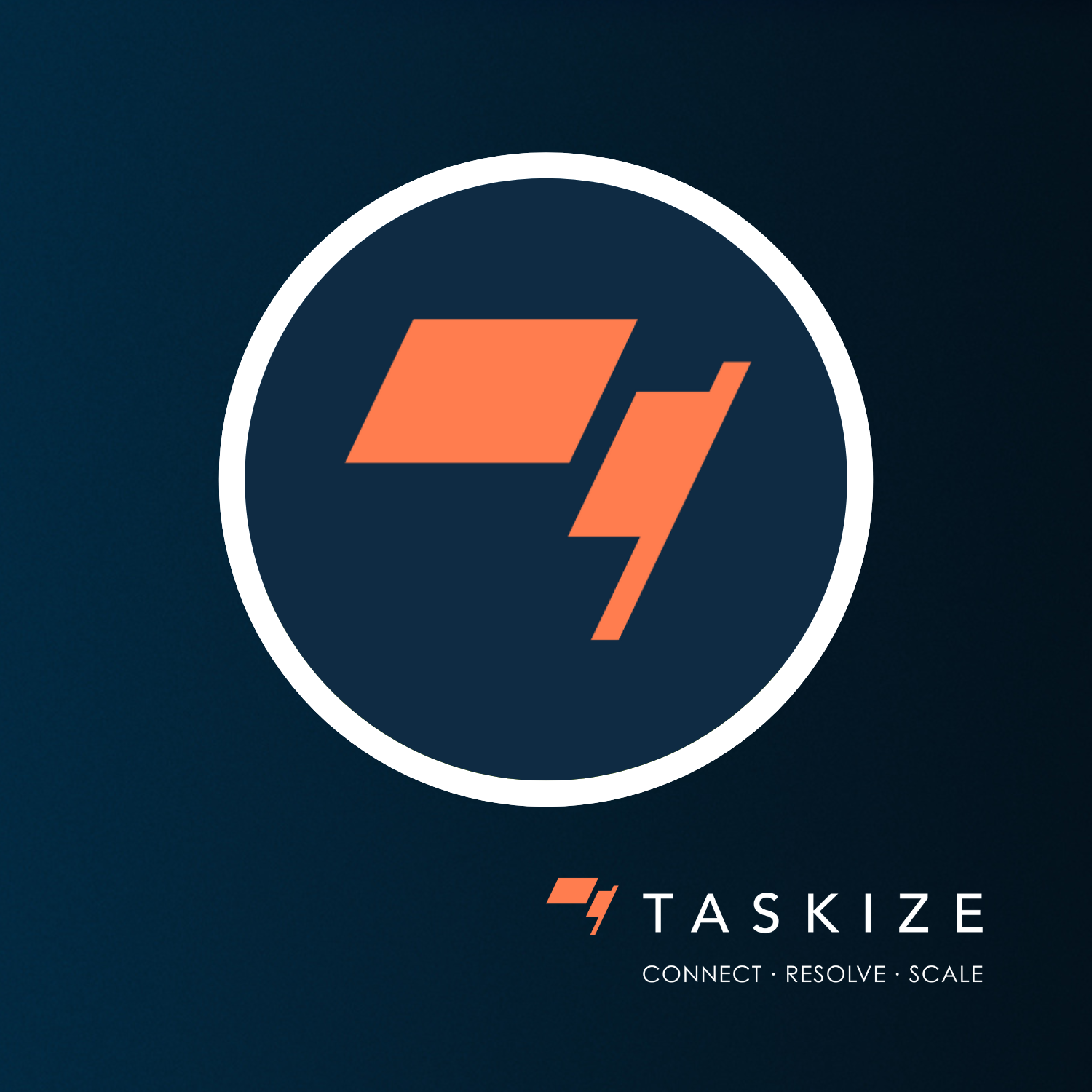CPO Helen Adair writes for PostTrade 360°
As Taskize gears up for Day Two of PostTrade 360° in Sweden, here's our CPO Helen Adair's article for the official event publication, to read, stream or download in full as part of the PDF magazine.

In just over two years, T+1 will be live in most of Europe. Although the North American transition went by fairly seamlessly, Europe’s – i.e. the EU, UK, Switzerland, and Liechtenstein – migration to T+1 is likely to be more challenging. This article takes a look at what firms should be thinking about, in light of a new research, “Tackling post-trade friction: supporting a global shortened settlement cycle” from Firebrand Research in collaboration with Clearstream, The Depository Trust and Clearing Corporation (DTCC), and Euroclear.
T+1 checklist – important first steps
As Europe migrates to T+1 settlement, the post-trade industry needs to manoeuvre and conduct gap analysis into why their trades fail, especially as the T+1 deadline looms ever closer.
More likely than not, an ongoing reliance on manual processing will be responsible for a large proportion of trade fails. The report echoes this point, stating, “Firms need to target the underlying causes of their failures be it static data, trade capture timeliness, or life cycle management to address and pre-empt data errors or manual processes.”
In many instances, this will require firms to make significant improvements to their own technology infrastructure and legacy systems. It is vital that firms identify the areas where automation could reduce manual workload, allowing them to focus resources instead on dealing with more value-add, complex, or higher risk tasks.
Similarly, outdated, poor operational practices across financial services counterparties and clients need to be tackled.
The need to be targeted across the network of banks and brokers will become essential to drive communication and issue resolution, reducing the human pressure under T+1. Targeted task ownership will improve and enhance infrastructures where settlement practices may not be as sophisticated, as this will potentially have a detrimental impact on settlement completion rates.
Automation and addressing workflow processes do have up-front costs; without them, there will be a material impact on settlement efficiency. It will enable firms to achieve same-day matchings and confirmations, allowing instructions to be sent to the central securities depository (CSD) in a timely fashion. Taskize strongly believes that organisations should be sending instructions to the CSD on trade date, ideally no later than 2230hrs on T, and this seems to be the direction in which the Accelerated Settlement Taskforce is going.
Transparency around trade lifecycle management is a significant cause of trade fails, for example, SSI errors and delayed communication to resolve settlement. This can happen because communication gaps between counterparties and/or clients can cause ongoing challenges, a problem often exacerbated by lingering dependencies on manual processes and email.
Through the adoption of collaboration platforms and workflow functionalities, such as those offered by Taskize, firms can eliminate the need for email and other manual interventions. This allows them to consolidate multiple workstreams within their organisation, giving them aggregated views, better insights, and end-to-end audit trails into their operations.
A single, consolidated view of trade lifecycle management will provide financial institutions with greater, real-time visibility, further helping them with their T+1 transition.
Early preparation and lessons learnt from the North American transition will undoubtedly facilitate a smoother transition. ICSDs, such as Euroclear, are working closely with clients to ensure exactly that. Engaging with high-calibre systems and solutions will be essential if the T+1 compliance journey is to be a smooth one for banks, brokers, and their clients. n
You May Also Like
These Related Stories

Tackling Post-Trade Friction – and the EU T+1 checklist

Data and automation prove key to enabling T+1

No Comments Yet
Let us know what you think